#architecture book
Explore tagged Tumblr posts
Text
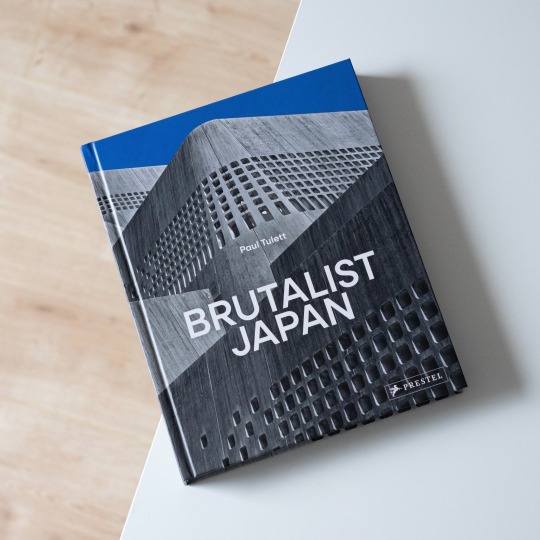
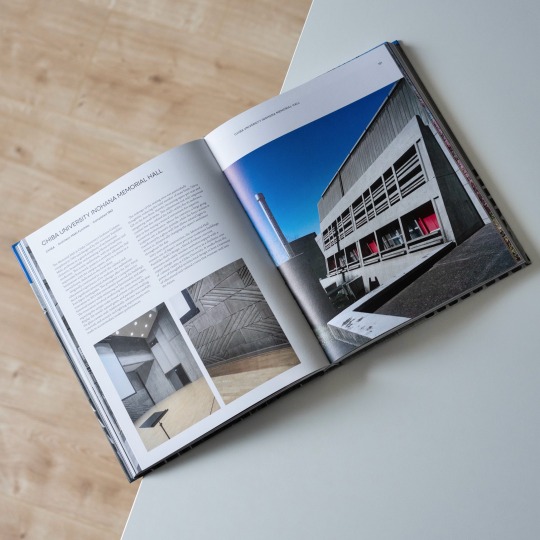
The built manifestations of Brutalism, despite their omnipresence on social media, remain controversial: especially in Europe they are loved by some and hated by many. In other parts of the world opinions aren’t as polarized and Brutalism simply a part of the built environment, e.g. in Japan. Okinawa-based photographer Paul Tulett has been exploring the Japanese brutalist heritage for years and in his new book „Brutalist Japan“, recently published by Prestel, points to the particular appeal concrete had in postwar Japan: it offered seismic safety, was resistant to termites and easy to pour in form and via the shuttering boards also left room for the skilled Japanese wood crafts. At the same time the Japanese tradition for leaving natural materials rough and raw played in the hands of „béton brut“ that, as Tulett explains, became „béton nécessaire“.
The former’s gradual aging and the acceptance thereof agains roots in Japanese tradition, i.e. the concepts of „wabi sabi“ and „mono no aware“ which embrace the beauty of imperfection and describe the ambivalent awareness of the fleeting nature of beauty. Against this background and Tulett’s introduction to Japanese philosophies it becomes easier to understand why Brutalism is a lot less controversial in Japan than it is in other parts of the world and never disappeared. Accordingly the buildings gathered in „Brutalist Japan“ date from the 1950s to the present day and offer a comprehensive panorama of Brutalism in Japan: in brilliant photographs Tulett shows classics like Kenzo Tange’s Hiroshima Peace Memorial Museum (1955) and Setagawa Ward Office (1959) or Le Corbusier’s National Museum of Western Art (1959) but also a plethora of little-known buildings. And they are compelling: the fortress-like Tanimura Art Museum (1983) by Togo Murano, the Keihan Uji Station (1995) by Hiroyuki Wakabayashi or the Okinawa Prefectural and Art Museum (2007) by Ishimoto and Niki Associates demonstrate the masterful use of raw concrete while also dealing with Japanese history and traditions.
This beautifully crafted mix of buildings makes the book a great read and an eye-opening survey of Japanese Brutalism. Highly recommended!
203 notes
·
View notes
Text
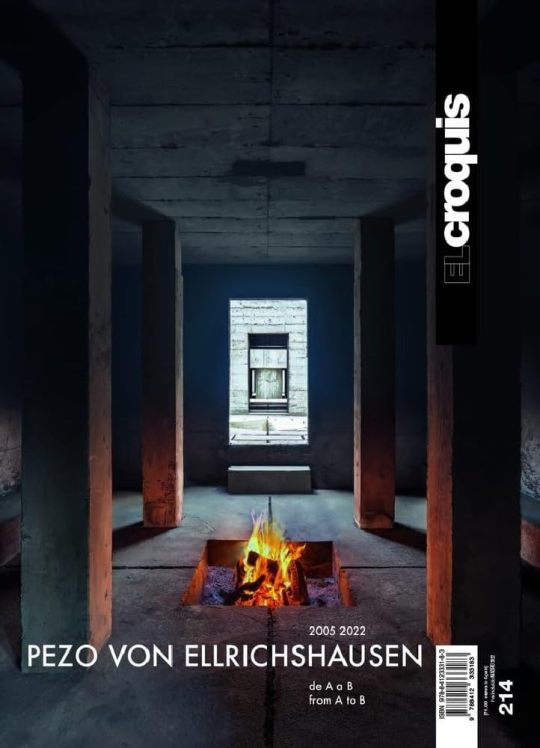
El Croquis, Pezo von Ellrichshausen, 2022
buy here
#architecture#books#el croquis#pezo von ellrichshausen#chile#chile architecture#architecture book#architecture library#architecture student#books for students
1 note
·
View note
Text

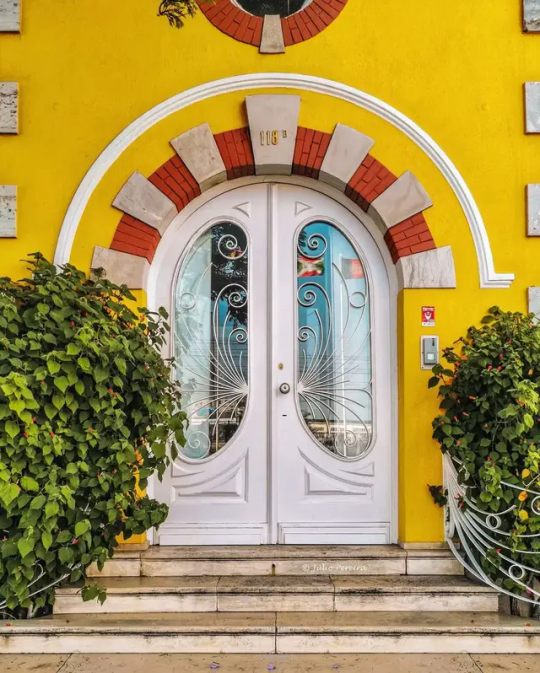
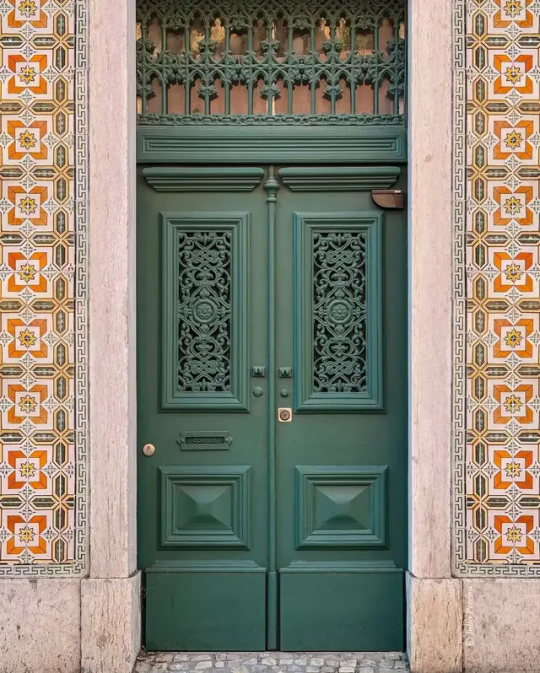

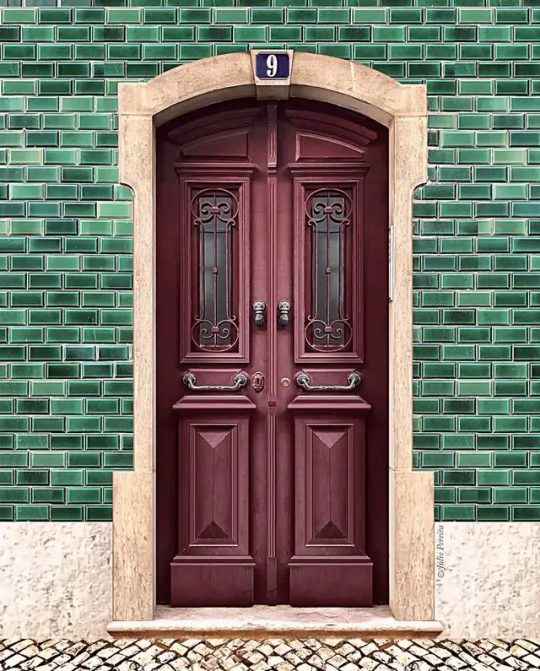
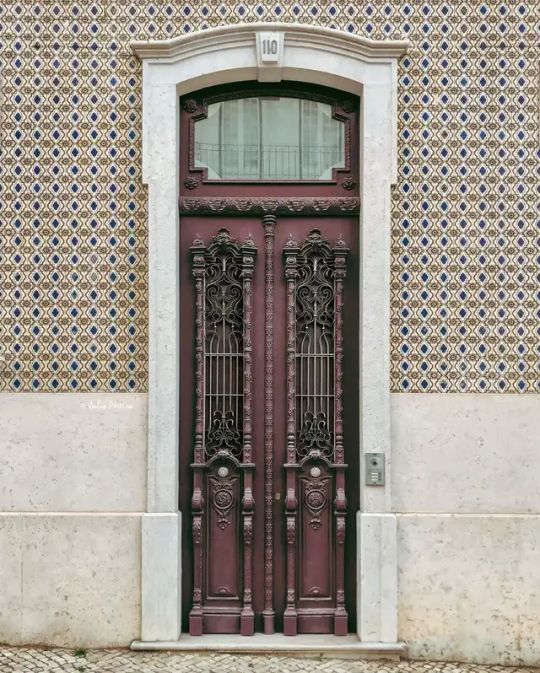
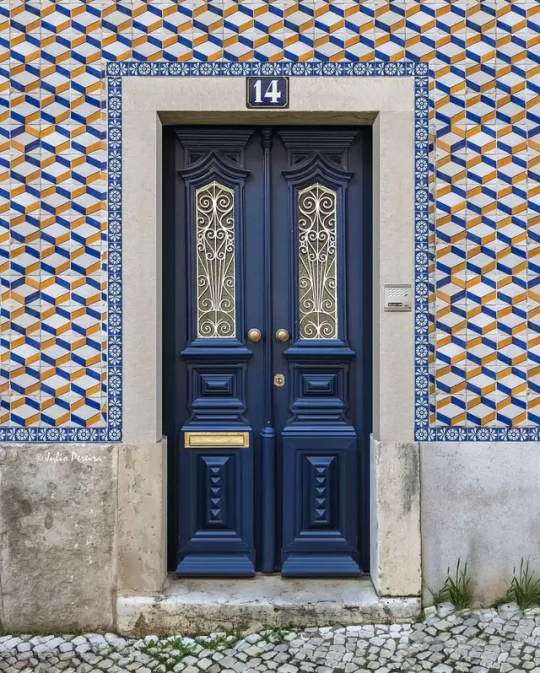
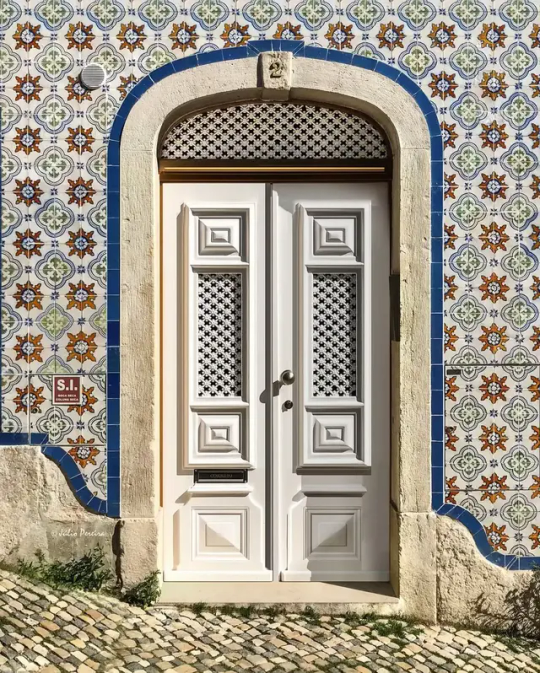
The Vibrant Doors of Lisbon
#light academia#dark academia#classical#academia aesthetic#escapism#academia#books and libraries#classic literature#books#architecture#place#travel#destination#object#lisbon#doors#vibrant#colourful#colorful#beautiful#design#exterior#royal core#cottage core#aesthetic#artistic#aesthetics#mood#vibe#tumblr
8K notes
·
View notes
Text

#photography#my photgraphy#cottagecore#artists on tumblr#flowers#radarplz#landscape#aethestic#aestehtic#aestethic#aesthetic#travel#yörüngede#popular#room#home#desing#reading#literature#pets#architecture#nature#books and libraries#study#dark acamedia#cute animals#animals#cute cats#ozgurkedi#fypシ゚viral
6K notes
·
View notes
Text
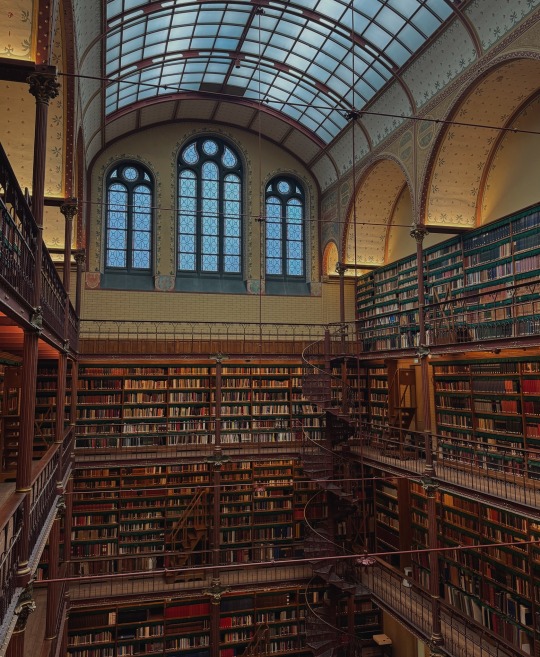
Cuypers Library, Amsterdam
#mine#photography#digital photography#europe#netherlands#the netherlands#amsterdam#architecture#library#places#aesthetic#travel#books & libraries#dark academia#light academia#academia aesthetic#cozycore#cottagecore#study aesthetic#studyblr#booklr
6K notes
·
View notes
Text
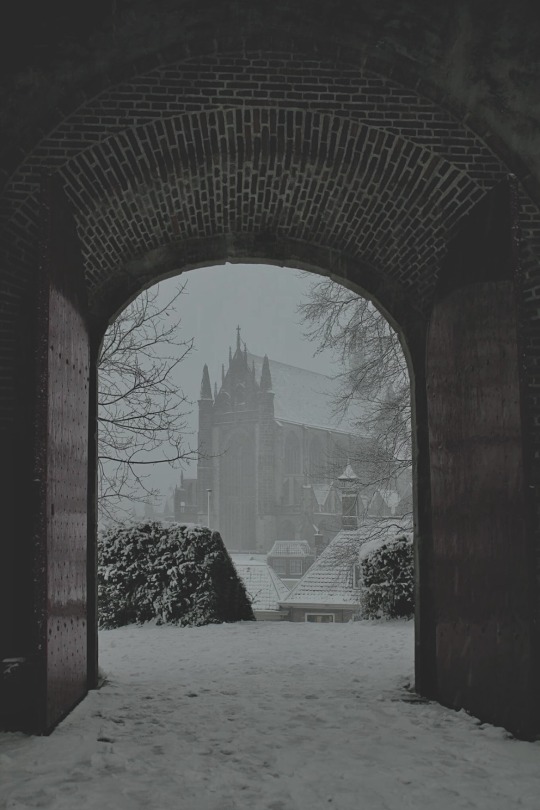
#dark academia#dark aesthetic#beauty#dark nature#old money#dark luxury#travel#nature#architecture#goth aesthetic#goth#books & libraries
7K notes
·
View notes
Text

#aesthetic#ai art#digital art#colors#lofi#nostalgia#retrowave#video game#concept art#art#dreamscape#unreality#retro#liminal#liminal spaces#architecture#vaporwave#window view#plants#nature#landscape#cozy#reading nook#books & libraries
11K notes
·
View notes
Text
I’m going to be homeless tomorrow. (I’m Homeless)
I’ve been homeless before and it decimated and destroyed me. 2.5 years later I’m still recovering from it. I’ve worked so hard to keep myself out of homelessness and failed. I’m sorry. Not only to everyone I’m burdening but to myself.
Direct aid:
CA: $Enyasaint
VN: Enyasaint

I have to raise support for permanent housing again. I’m being displaced and isolated as a young black girl in Texas.
I’m looking to raise $6000
I tried to reduce the deposit by applying for crediy cards and was denied by everyone.

My friend has been trying to raise funds for me since December. She tried her best but because she doesnt have social capital her reach was limited

The deposit is large even despite my rent history, no evictions and no felonies or misdemeanors. My credit is low and they’re taking advantage 


I have leased/rented at this apartment for almost 3 years and have paid all my rent on time.


I paid my last month’s rent with my paycheck from my job. I am still currently employed


I get paid this week and will be posting everything for full transparency if you have any questions you can ask me.
Tornado season is already started and a tornado already touched down in Florida two days ago. We had a baby tornado hit us last week. There is massive weather even happening on March 14th and March 31st according to the meteorologists and storm chasers.

I do not want to be in my car not only because of potential tornados, but I do not want to be physically or sexually harmed. Please help me get stable and permanent housing. Please.
I still have PTSD from the last time I was homeless and had a fear of tornado hitting me while I slept in my car. I had a car that would overheat and I had to drive to the nearest Winco because it was the only buisnesss opened 24 hours a day. Pre covid there were plenty of places that were open 24 hours now there are not.
#aesthetic#alternative#animals#animation#ao3#arcane#architecture#art#artists on tumblr#artwork#batman#beauty#black and white#bnha#books#cats of tumblr#cookie run#dc comics#donald trump#digital illustration#Spotify
2K notes
·
View notes
Text


Miren Alós
#rome#italy#street photography#architecture#city#books#bookstore#bookshop#lensblr#curators on tumblr
2K notes
·
View notes
Text




#aesthetic#moodboard#dark academia#dark academia moodboard#books#bookworm#books and coffee#light academia#architecture#dark academism#dark coquette
2K notes
·
View notes
Text

In Manhattan, a 17th century screen attributed to the Kano school dictated a bedroom's design. Given the screen as a starting point by his client, architect Sam Takeuchi built a ledge behind the headboard for its display. A wall panel above holds the upper edge in place.
At Home With Japanese Design: Accents, Structure and Spirit, 1990
#vintage#interior design#home#vintage interior#architecture#home decor#style#1990s#90s#bedroom#bed#painted screen#tiger#Sumi ink#books#contemporary#modern#Japanese#reading lights
2K notes
·
View notes
Text


During the 1960s numerous subsaharan African countries gained independence from their colonial rule, a process that put an end to a grim period of history during which European rulers conquered and subjugated African peoples and tribes. But the African independence movement not only shook off the shackles of foreign rule but also initiated a boom in modern architecture that has gone largely unnoticed outside of Africa: as a sign of modernization and ambition conference centers, administrative buildings, universities, high rises and luxury hotels were erected, predominantly as concrete constructions and under the aegis of European architects. The employment of the latter obviously came at the expense of local building traditions and techniques but at least local climate conditions were accounted for, a concession that resulted in expressive details and unusual forms.
Over time these buildings have nonetheless fallen into disrepair and often lost their initial purpose. Against this background and in view of their obscurity beyond Africa the architect Manuel Herz at the ETH Zurich initiated a research project focused on Ghana, Senegal, Cote d’Ivoire, Kenya and Zambia. The result is the monumental compendium „African Modernism: The Architecture of Independence“, originally published in 2015 by Park Books and presented here in its second edition from 2022. On 640 pages the volume documents a stunning selection of buildings, cities and architects that are expertly captured by photographers Iwan Baan and Alexia Webster. In an unconventional move they go beyond the purely architectural documentation and also take into account the everyday life and hence demonstrate the lively goings-on in and around the buildings.
In light of these qualities the present volume is a highly recommended opportunity to get familiar with African post-independence architecture and hopefully only the starting point for increased interest and research into the architecture of the continent.
213 notes
·
View notes
Text

#Study#home library#Library#books#book lover#menstyle#Luxury#luxury life#luxury living#aesthetic#decor#home decor#lifestyle#lifestyle blog#photography#home & lifestyle#architecture#classy#classy life#home#interiors#home interiors#interior design
3K notes
·
View notes
Text


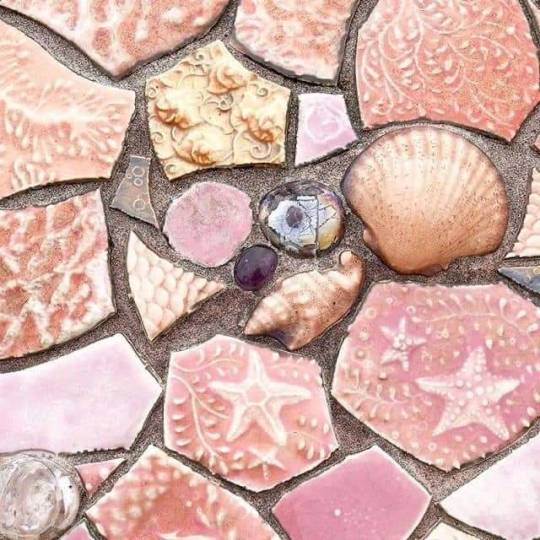
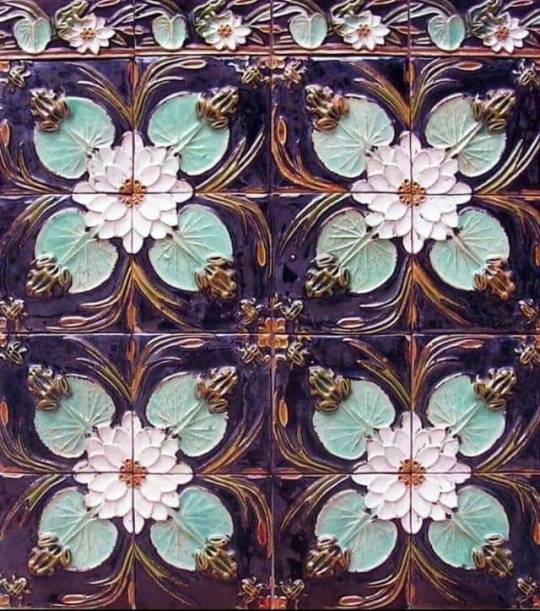
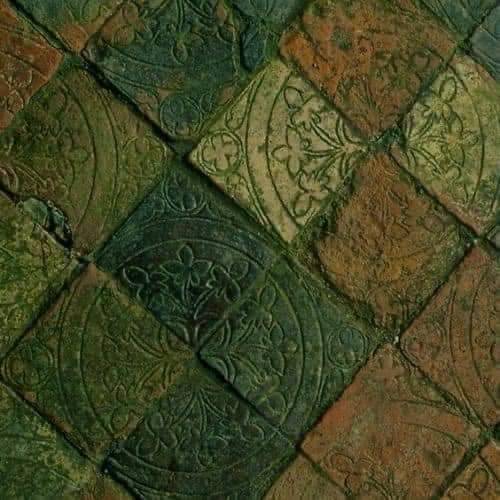

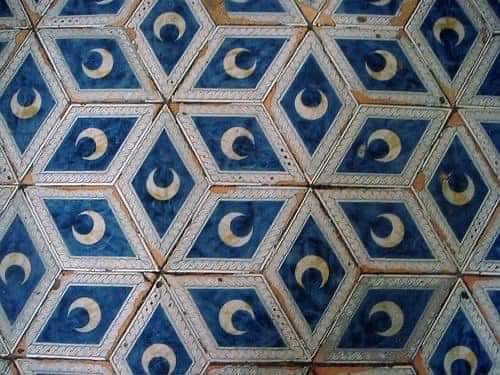

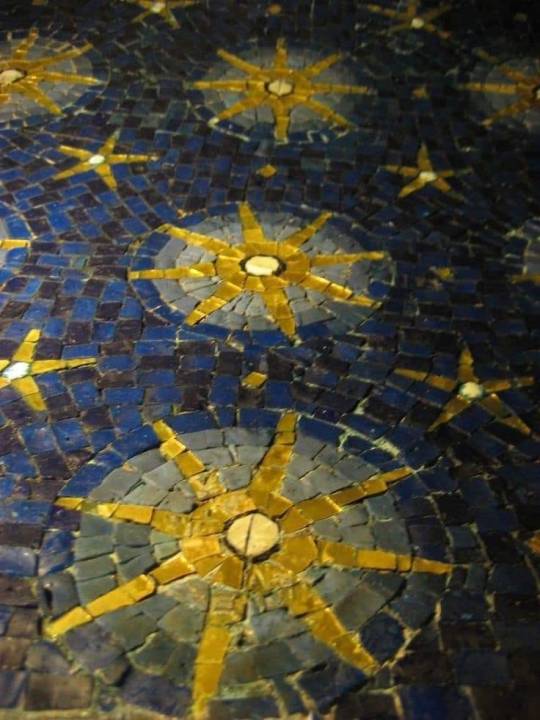
✨Pretty floor mosaics✨
#dark academia#light academia#classical#academia aesthetic#escapism#academia#books and libraries#classic literature#books#architecture#objects#mosaic#floor#tiles#pretty#royal core#cottage core#aesthetic#academic#artistic#mood#vibe#beautiful#tumblr
37K notes
·
View notes
Text

#photography#my photgraphy#cottagecore#artists on tumblr#flowers#radarplz#landscape#aethestic#aestehtic#aestethic#aesthetic#travel#yörüngede#popular#room#home#desing#reading#literature#pets#architecture#nature#books and libraries#study#dark acamedia#cute animals#animals#cute cats#ozgurkedi#fypシ゚viral
5K notes
·
View notes
Text
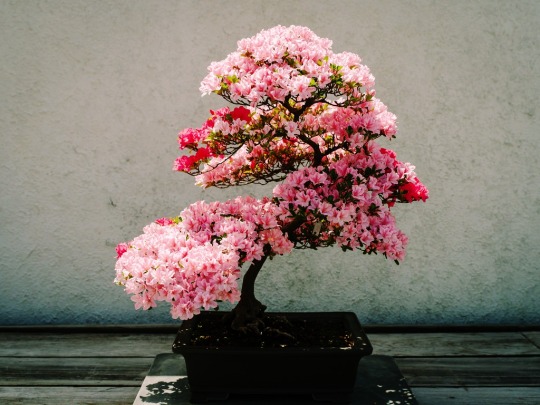

Umma ki küsmeyesin. henüz yeşermemiş nice renkli umutlar var..
#photography#yörüngede#artists on tumblr#cottagecore#landscape#my photography#aesthetic#popular#flowers#travel#RadarPlz#room#home#design#reading#literature#pets#architecture#nature#books#books and libraries#study#dark acamedia#aww#kittens#kitties#animals#cute#light academia#interior
7K notes
·
View notes